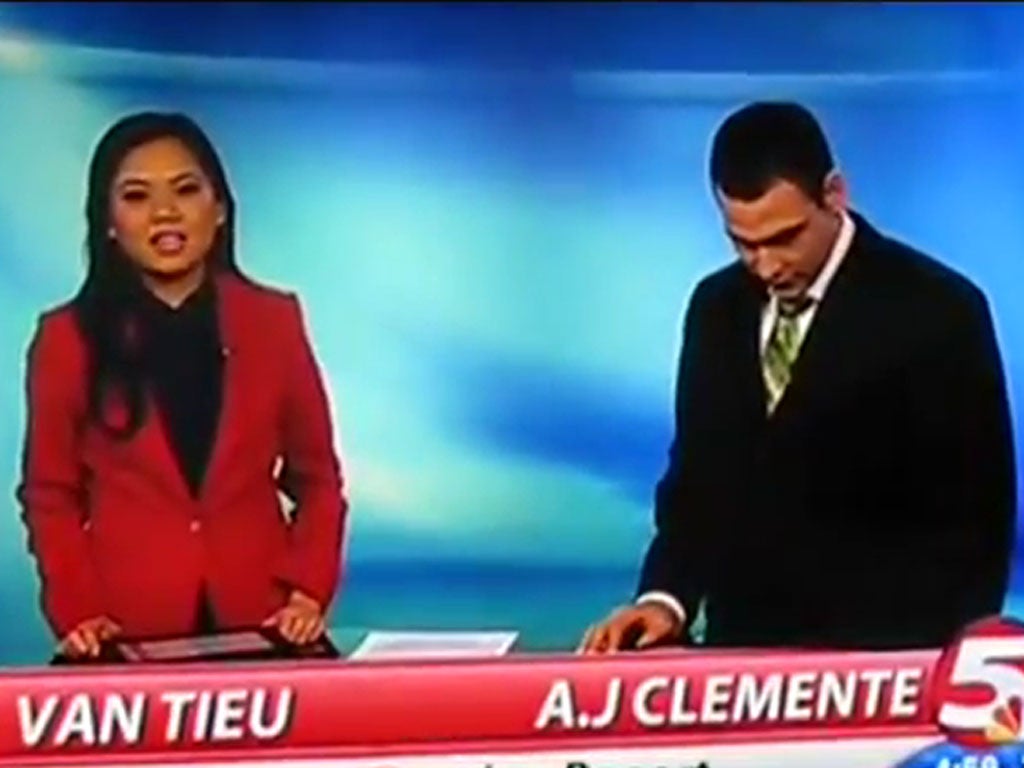Does anyone really give a f**k about swearing?
Puritans should chill out. These words derive power from their taboo status

The oddness of our thinking about bad language is contained in the very phrases we use to describe it.
“Bad” language? “Obscene” language? “Explicit” language? To me, “explicit” language should just mean “language that is precise”. “Obscene” language should just mean “language that is descriptive of something abhorrent”. “Bad” language should just mean “the word eatery as a synonym for restaurant”.
All those terms suggest something about the incantatory power of swearing. That four little letters can so upset people invests them with almost magical properties – properties that entirely undermine the commonplace puritan argument that swearing is just dull, a cheap word when you can’t think of the right one.
It is, in fact, satisfying and sometimes even pleasurable because the opposite is the case: sometimes, saying that something is “extremely” annoying just doesn’t cut it. A lot of words seem like an abstract representation of an idea, or a feeling. A swear word, in contrast, feels like the thing itself.
Most of us understand this, privately, and acknowledge that it’s not a sign of moral calamity if, for example, our leaders use an “obscenity” when the microphones are off. But public language is something different.
The BBC faces an Ofcom investigation simply because a participant in last month’s boat race swore on live television; in the US, a newsreader has been fired over oaths muttered when he believed himself to be off air. The confusing nature of the whole area is pretty well summarised by the Daily Mail’s scandalised report of that BBC flub, which includes five instances of the surreal evasion “f***”.
I am, personally, never offended by “bad language” – sometimes, in a brilliant summation of how mindless the moral panic can get, just referred to as “language” – unless it expresses some idea that is, in itself, offensive: if it’s a paraphrase for racism, or sexism, or homophobia, or just a straightforward reminder that the person using it thinks that I’m an idiot.
And I find it hard to get het up about the failure of broadcasters to censor these relatively innocuous emissions on the fly. If you worry about that, after all, where do you draw the line? Do we want live football matches muted because fans sometimes roar something unsavoury about the referee? Do we want words to be more closely scrutinised than violence, or misogyny, or misleading adverts?
I don’t. Still, I’m happy for other people to get ratty about it. Since all those juicy expletives really are only noises, their power is entirely reliant on their taboo status, forever being diminished. Without the disapproval, a powerful part of the thinking person’s linguistic armoury would be removed.
Think on this, you puritans, the next time you’re thinking of writing in. By doing so, you are only increasing the force of a well-placed “fuck”.
Join our commenting forum
Join thought-provoking conversations, follow other Independent readers and see their replies
Comments
Bookmark popover
Removed from bookmarks